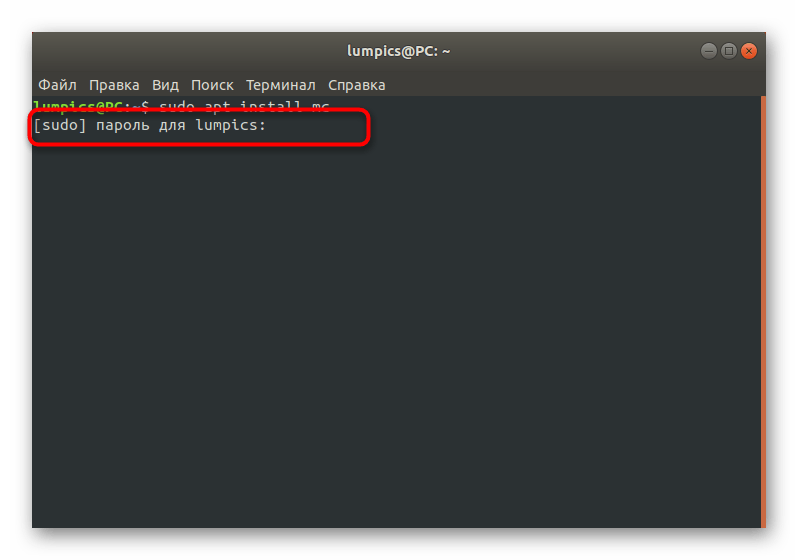

midnight-commander: Use the terminal as if it were Finder mas: Install apps on the Mac App Store from your terminal tmux: Run multiple terminal sessions simultaneously taskwarrior: A to-do list for your terminal tree: Instantly view your folders and files in a visual tree speedtest-cli: Quickly check your internet speed from your terminal youtube-dl: Download YouTube videos with safety and ease links: Browse the web from your Mac terminal wget: Download files and websites in an instant htop: The best resource manager for your Mac terminal cask: Download GUI applications through your Mac terminal Please note that python3.rb was renamed to python.rb at some point. There is also: where you can install using brew install sashkab/python/python34 and brew link python34 -force Now you can use brew install with the corresponding commit hash: if you want to install a specific version then, you must check before install. This is another package manager but based and mainly meant for python, it also gives the equivalent of python's virtual environments and pyenv (as per other answer) and so each project can be in a different python and different libraries (Macports only switches python version for all projects) The issue with Homebrew is that it assumes that things in /usr/local are installed by it and so brew doctor will report these pythons and libraries as issues and as this question shows also the frameworks in /Library will be problematic.ĮDIT 8/2018 *** I would now suggest using conda either miniconda or anaconda.

The other way is install direct from This will install a python into /usr/local/bin I think this installs a python and python3 executable. e,g, to select macports python 2.7 port select -set python python27Įach package manager needs to run as the only package manager otherwise it will be confused with unexpected different versions of libraries and executables on its paths.įrom comments the similar homebrew way is given in Short answer seems to be brew switch the equivalent to port_select Python version managers For example to install 3.4 do sudo port install python34 There is also a python_select port that running it allows you to choose which version of python is run by /opt/bin/python. There are separate ports for several python versions 2.x and 3.x currently 2.4, 2.5, 2.6, 2.7 and 3.1, 3.2, 3.3 3.4 and 3.5. The first is using Macports as the package manager. I have done this sort of thing in two ways - however both do not coexist with homebrew although I suspect there should be a way similar to the macports one.


 0 kommentar(er)
0 kommentar(er)
